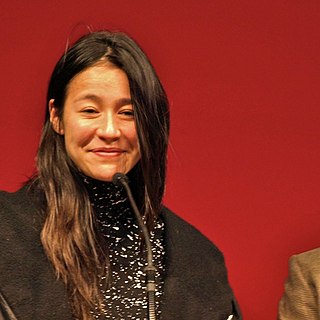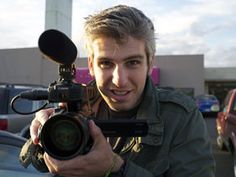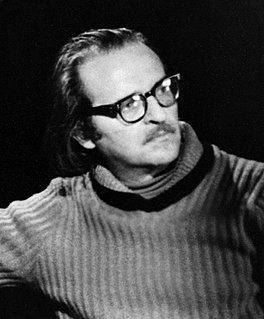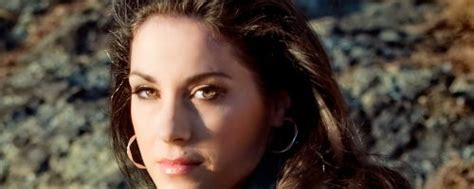A Quote by Elizabeth Chai Vasarhelyi
As a documentary filmmaker, 'Meru' was an irresistible challenge. You can spend years searching for the right story, but this one had all the elements: the obstacles, the characters, and the drama.
Related Quotes
Before I published my first book, I worked for a while as a documentary and wedding/bar mitzvah videographer, and a part of me still mourns the lost filmmaker I'll never be. Working on a documentary is nearly the opposite artistic process to writing: as a writer you are always trying to fill out a world to fit your story, but as a documentarian your work is to carve a story out of the world. Sometimes, when I'm feeling particularly blocked at my computer, I miss the days when I could just point my camera at something interesting and wait to see what happens.
There's the instability of my attitude as an artist, the instability of our perception of the world, and the idea that with this mix, you never know exactly what's the point of view of the filmmaker. This breaks the stability of the belief that a filmmaker is somebody who has a logical relationship with his own material. These elements create this atmosphere that I find more interesting than a normal atmosphere, based only on the characters.


































